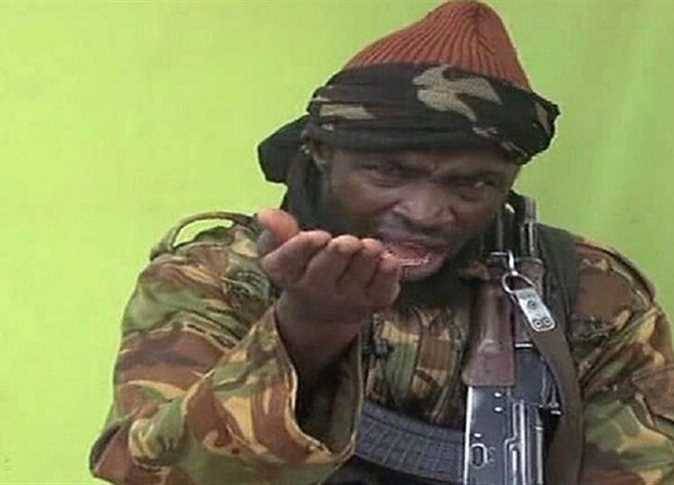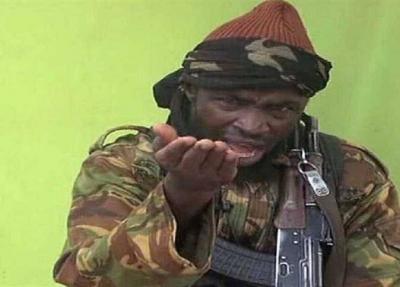Abubakar Shekau, the leader of Boko Haram, has been killed according to phone calls intercepted by Western and African intelligence agencies and intelligence memos reviewed by the American newspaper "The Wall Street Journal." Five Nigerian officials confirmed Shekau's death, noting that the Nigerian military had mistakenly announced his death at least three times before. However, this time, they confirmed that he detonated an explosive vest during clashes with rival militants to avoid capture.
Shekau is infamous for the kidnapping of nearly 300 schoolgirls from Chibok, Nigeria, the night before their final exams, an event that sparked the global "Bring Back Our Girls" campaign. There has been no official confirmation from the Nigerian government, Boko Haram, or the media arm of ISIS.
The American newspaper managed to review texts from intercepted calls among the militants discussing his suicide, along with a voice message from an old intermediary between Shekau and the government reporting his death. Two senior officials and government intermediaries stated that hundreds of fighters who defected from him, known as "ISWAP," had reached Shekau's hideout on Wednesday in the Timbuktu region of the Sambisa Forest, where he was holding the girls. A clash ensued, but he detonated himself to avoid capture.
Officials reported that ISWAP fighters had recruited many of Shekau's top aides in previous months, allowing them to breach his defenses. Shekau, who kidnapped tens of thousands of children and forced them into combat or marriage, became the face and figurehead of Boko Haram in recent years, pursued by more than seven foreign armies but always managing to escape to forest hideouts. The U.S. government had offered a $7 million bounty for his capture, making him one of the most wanted individuals in Africa, placing him on a watchlist alongside Osama bin Laden, ISIS leader Abu Bakr al-Baghdadi, and the organization's founder in Iraq, Abu Musab al-Zarqawi.




